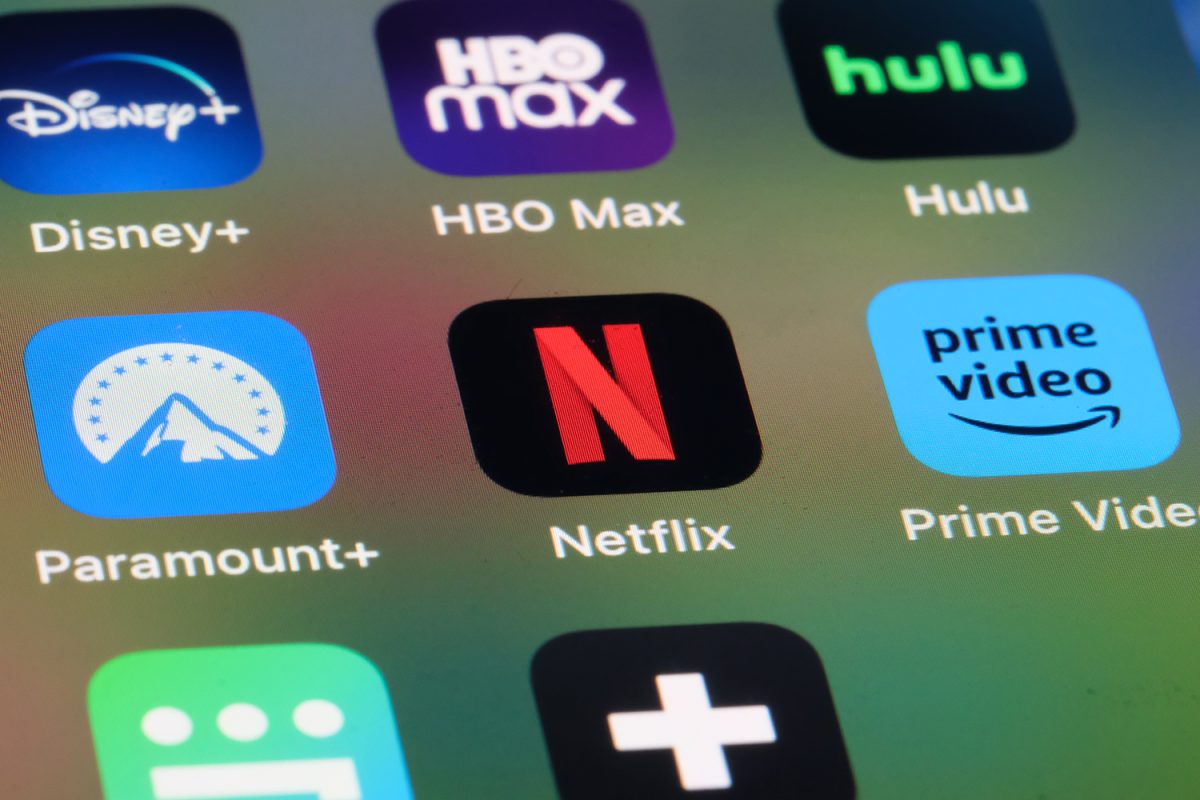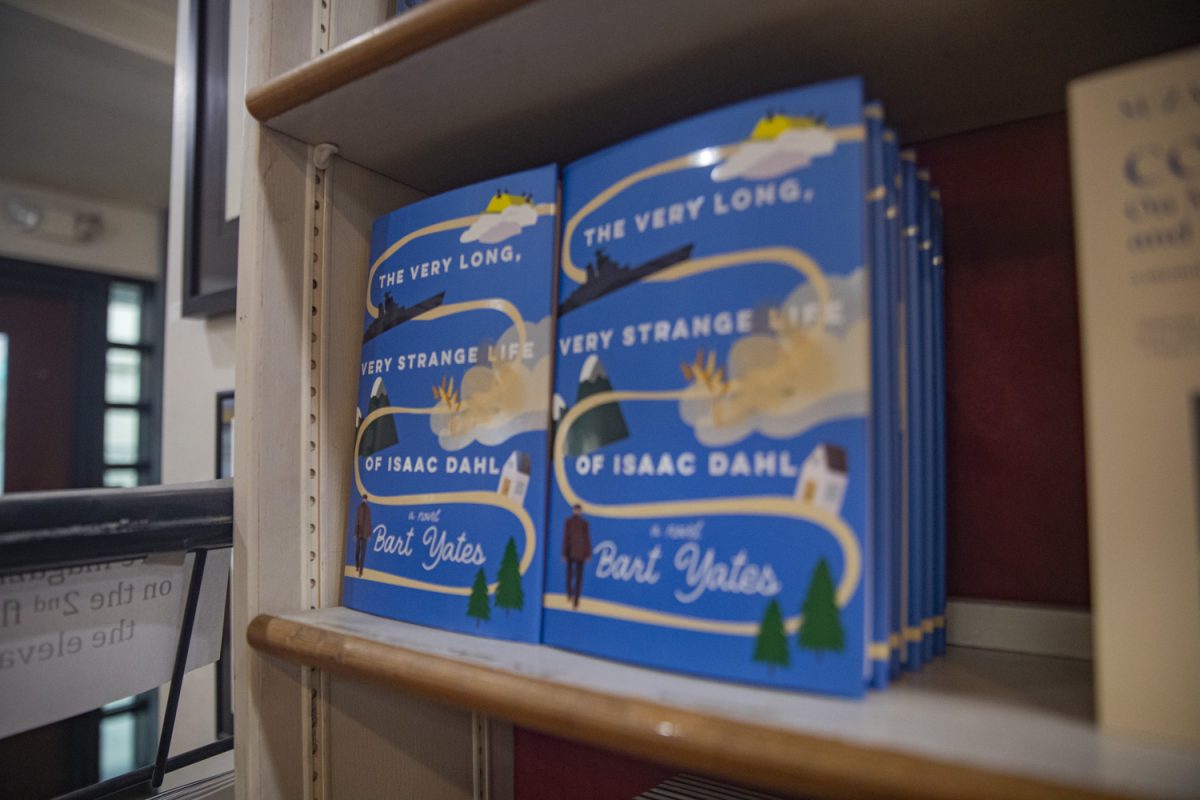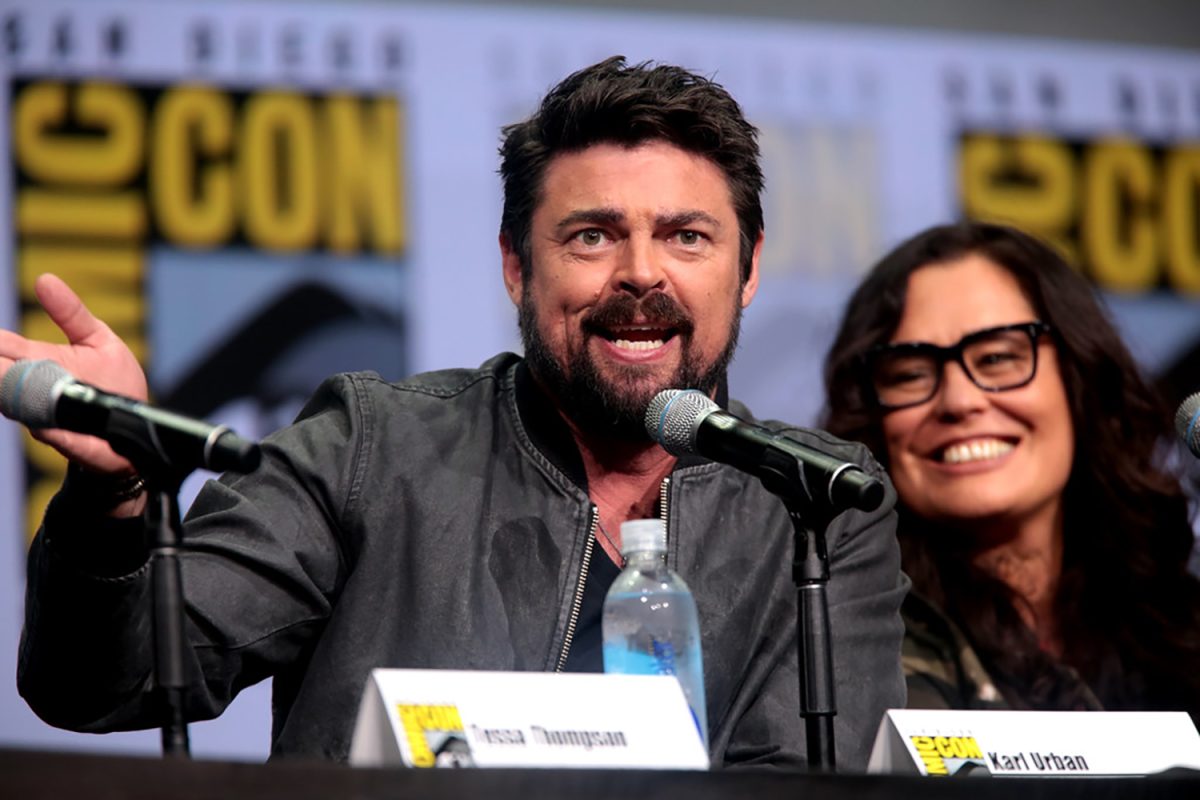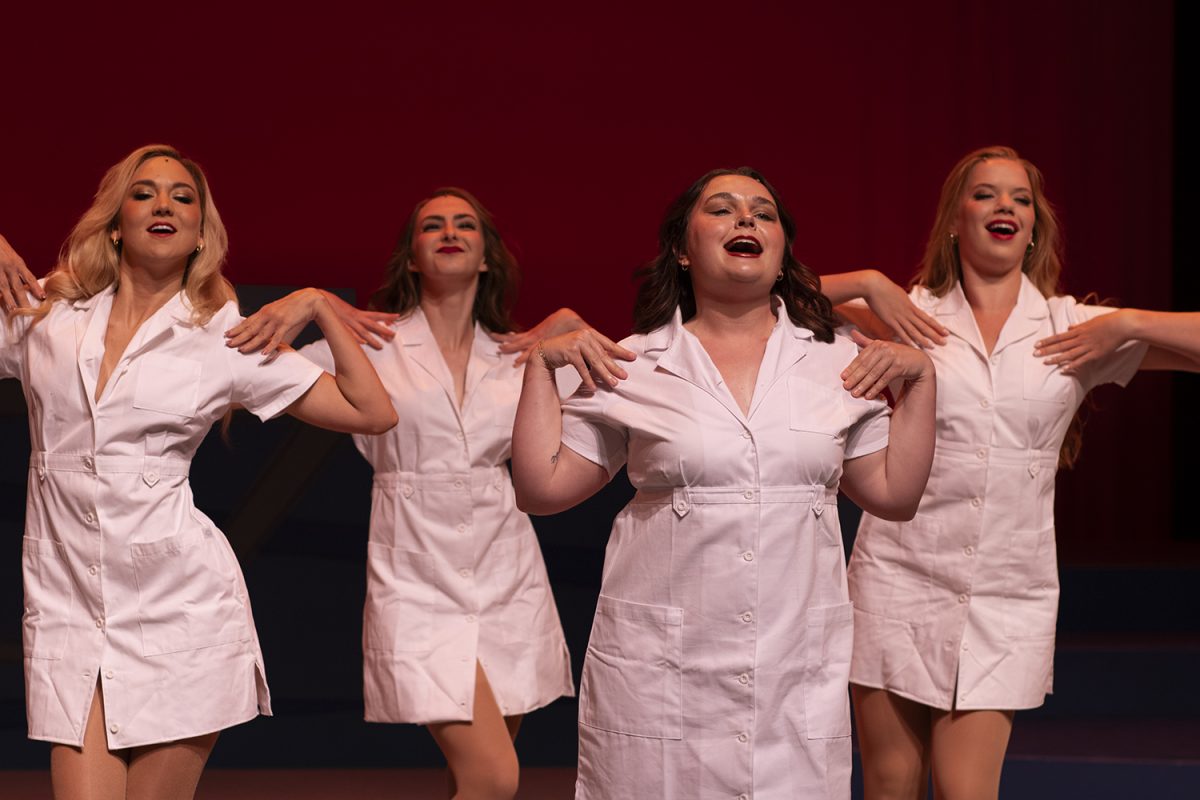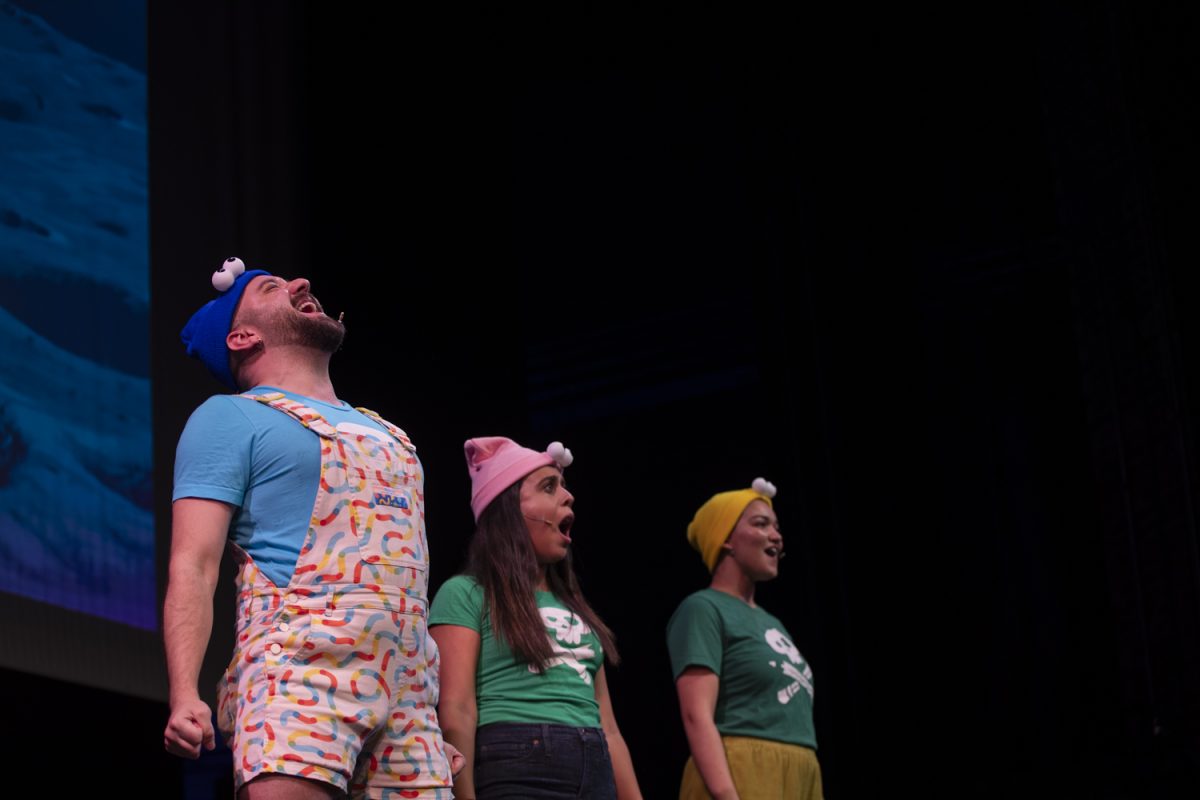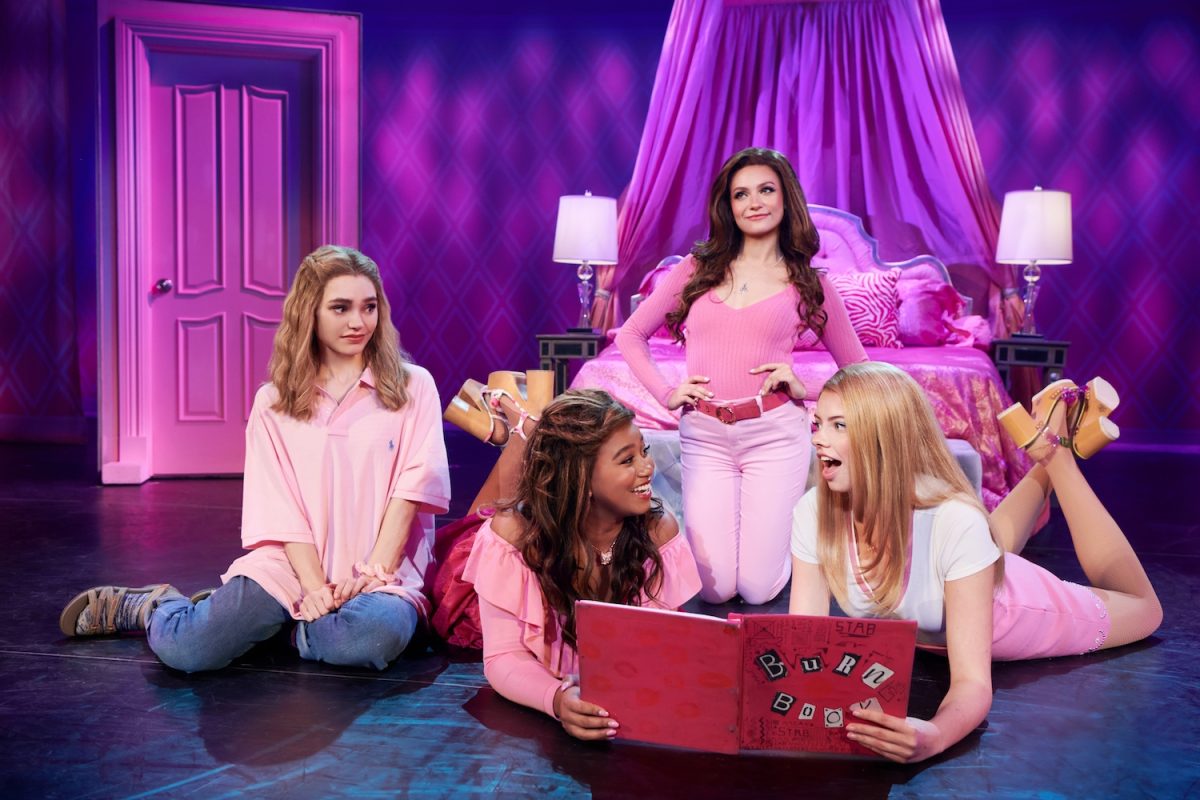The much-anticipated live-action adaptation of “Avatar: The Last Airbender” was released this month, but before it hit Netflix’s homepage, the prospect of the series sparked debate among fans over the nature of
anime adaptations.
Initially developed as an animated series that aired from 2005-08, the 2024 live-action remake was not the first. In 2010, director M. Night. Shyamalan brought his adaptation, “The Last Airbender,” to the big screen — much to
fans’ chagrin.
The live-action film saw record-low ratings from both critics and fans alike, sparking online discourse about the necessity of live-action remakes of beloved anime series. After its release, highly-regarded film critic Roger Ebert responded to the title of the film in his review: “Let’s hope it is.”
However, Netflix is riding high on the success of the live-action adaptation of “One Piece” released last year, which was deemed by The Verge as “the rare anime adaptation that gets all of the important things right.” Following its success, many anime fans hope that the new “Avatar: The Last Airbender” adaptation continues this trend.
Brad Vu, a University of Iowa fourth-year student and president of the university Anime and Manga Club, has eagerly awaited the release of the adaptation.
“I am a big fan of the original work, so I have high expectations for it,” he said.
Vu said the remake allows newer fans to experience the franchise for the first time and revive the hype that followed the first release nearly 20 years ago.
But live-action remakes of anime properties have a historically uneven track record with its fanbases; this is something that Vu acknowledged as the root of some of his hesitation.
“I feel like a lot of studios can make them very well, whereas some don’t,” he said. “A lot of them are just kind of made […] to get people invested in the original work.”
UI fourth-year student and fellow club member Matthew Windus likewise voiced apprehension about anime adaptations.
“It can be a very difficult balance trying to capture the same spirit but not scare [people] away with how emotional everyone is,” Windus said.
His comments speak to a fundamental issue that many take with live-action adaptations: Live-action is meant to replicate reality, whereas animation is a naturally exaggerated medium that forces audiences to suspend their disbelief. Thus, the transition between the two forms of media is less than seamless.
Still, Windus admits that there is potential value in retelling old stories in a new medium.
“Everyone’s heard of Aesop’s Fables, and [you can] retell them by either re-reading them or using those stories in different tales or finding new ways to tell this kind of moral or lesson to people now who may not look at [older media],” Windus said.
Ad Stratton, a UI third-year student and club member, said in theory, adaptations are a good idea.
“In practice, a lot of them haven’t gone very well,” Stratton said.
Stratton said adaptations are often strongest when the original creator is involved. In the case of Netflix’s “Avatar: The Last Airbender,” this is potentially an area of concern as original creators Bryan Konietzko and Michael Dante DiMartino stepped away from the project during production, citing creative differences.
“When it’s things like creative differences that are making an original author walk away, it means that [the producers] are trying to change fundamental parts of the story,” Stratton said.




